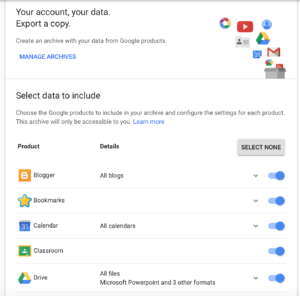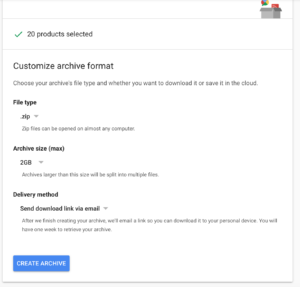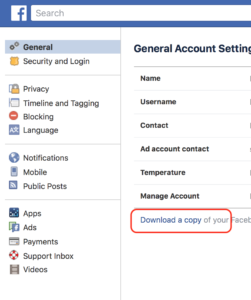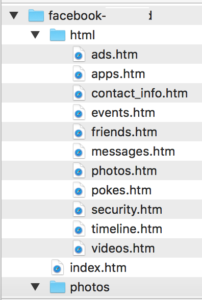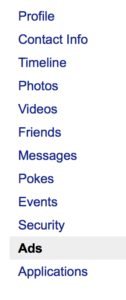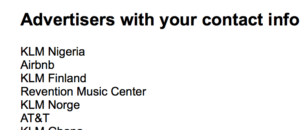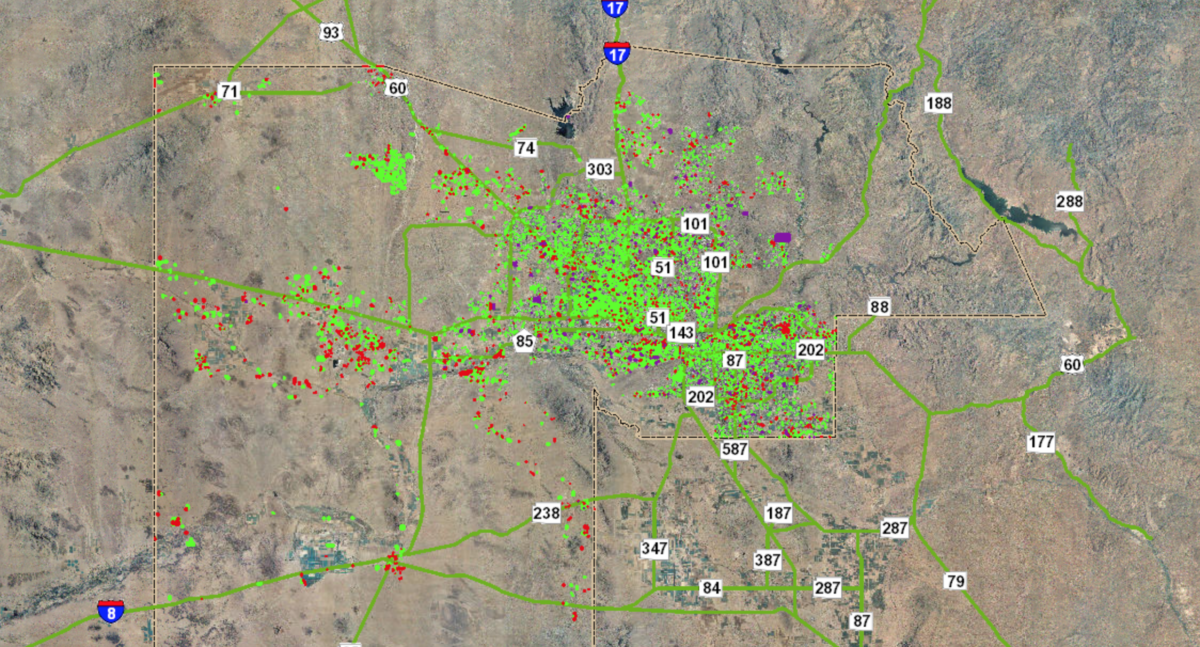Ready to rent or buy a new place to call home? Don’t make this important
decision without carefully considering what’s best for you and your financial future.
Eric Tyson, MBA and author of the new book Personal Finance in Your 20s & 30s For Dummies,® analyzes the pros and cons of renting and owning.
Hoboken, NJ (March 2018)—At one time, it was a given that everyone wants to become a homeowner eventually. But now many people are reconsidering whether ownership is all it’s cracked up to be. After all, real estate is not appreciating the way it once did, so, today, owning may not be the smart investment it once was. Tax reform now limits the property taxes and mortgage interest that homeowners may deduct. Plus, as more people value having the mobility to pursue jobs and lives in other cities, it’s less appealing to be locked into a long-term mortgage. And now many people value the freedom of renting over having a spacious home to call their own. This poses a huge question for twenty- and thirtysomethings: Should I buy or rent a home?
“Choosing whether to rent or buy is one of the most important financial decisions you’ll ever make,” says financial expert and best-selling author Eric Tyson, MBA, author of Personal Finance in Your 20s & 30s For Dummies® (Wiley, 2017, ISBN: 978-1-119-43141-1, $19.99). “Though owning a home and investing in real estate may pay off well over the long term, renting also has its advantages. To make the best decision, you need to understand your current personal and financial situation and think carefully about what matters to you now and what you think will matter to you in the future.”
Tyson says asking yourself some tough questions may help you clarify your feelings about choosing to rent or buy. Questions like: Would I rather pay more and live in a vibrant city, or enjoy a quieter life in a less populated area? Am I sure I want to stay in my current neighborhood, city, or state? Am I planning to start a family—and where do I see myself living when I start one? Do I want to buy a starter home now, or rent for a few years and then buy a larger house later on? Would I rather own a great home now, and have less money overall for travel and leisure?
Next, it’s important to carefully weigh the pros and cons of renting and owning before you choose what is right for you. Keep reading to learn the pros and cons of renting and buying a home.
Renting Pros
You aren’t responsible for fixing up the property. “When you rent, you don’t have to worry about the headache of maintaining your home,” says Tyson. “That’s your landlord’s job.”
You have more financial and psychological flexibility. Especially in your younger years, you may not be sure that you’ll stay with your current employer or chosen career. Should you change direction in the future, you may not want the financial overhead that comes with a mortgage, says Tyson. If you do decide to move, you can generally do so a lot more easily as a renter than you can as a homeowner.
You can have all your money in financial assets that you can tap into more easily. Some people enter their retirement years with a substantial portion of their wealth tied up in their home, a challenge that you don’t face when renting.
It’s a great opportunity to test living in an area where you may want to buy. If you’re gearing up to purchase a home, renting gives you a chance to try out the area in which you think you’d most like to buy.
It may help you achieve big financial goals. “Some of the financially successful renters I’ve known include people who pay relatively low rent, either because they live in small housing and/or have roommates, or they live in a rent-controlled building,” says Tyson. “Some young adults live with a family member who provides them with a good deal on rent, which can have benefits. If you can consistently save 10 percent or more of your earnings, which you may be able to do through a low-cost rental, you’re probably on track to achieving your financial goals.”
Renting Cons
When you rent, your entire monthly rent is subject to inflation. Of course, Tyson points out that living in a rent-controlled unit, where the annual increase allowed in your rent is capped, is the exception to this rule.
Landlords tend to want long-term tenants. “Most landlords prefer tenants who are stable renters and who remain for long periods of time,” says Tyson. “If you don’t expect to stay in an apartment much more than a year or two, that’s probably better left unsaid.”
You don’t get to own the property. After paying all that rent, the property isn’t yours at the end of the day.
Home Ownership Pros
With a fixed-rate mortgage, your monthly payment never increases. With a fixed monthly payment, you can budget with confidence. However, Tyson points out that your property taxes, homeowners insurance, and maintenance expenses will likely increase with the cost of living.
As a homeowner, you build equity in your property. That equity can be significant by the time you retire.
Owning may cost less than renting in some areas. This is especially true if you have the opportunity to buy at lower prices that occur after a decline in home values that sometimes occurs (usually around the time of a recession).
Mortgage interest and property tax payments for your home are generally tax-deductible. And in the early years of your mortgage, nearly all of your payment goes toward interest, Tyson adds. Be aware, however, that under the new tax laws, mortgage interest is deductible for up to $750,000 of mortgage debt, and your property taxes and state income deduction is capped at $10,000 per year.
It’s a good option if you’re planning to stay put. Financially speaking, buying a home begins to make more financial sense if you anticipate being in your home for three to five years or more.
There are plenty of options in the real estate market. When buying, you’re sure to find a housing option that’s right for you. In addition to single-family homes, you also have higher-density options like condominiums, townhomes, and cooperatives. If you don’t have the time, energy, or desire to keep up a property, shared/higher density housing may make sense for you.
And remember: In a good real estate market, all types of housing appreciate, although single-family homes tend to do best. Shared-housing values tend to increase the most in densely populated urban areas with little available land for new building.
Home Ownership Cons
You could end up overpaying or paying more than you can afford. Buying a home can be financially rewarding, but owning a property is a big financial commitment that may backfire if you get in over your head or overpay.
Putting 20 percent down is a steep price for twentysomethings. “Many people, especially people in their 20s, don’t have enough cash on hand to make the standard down payment of about 20 percent of the property’s purchase price,” says Tyson. “Yet this is the percentage needed to avoid the added cost of private mortgage insurance (PMI) required by lenders.”
The associated costs with buying are also high. Buying and selling a property entails a lot of expenses, including the cost of getting a mortgage, inspection expenses, moving costs, real estate agents’ commissions, and title insurance. To cover these transaction costs plus the additional costs of ownership, a property needs to appreciate about 15 percent during the tenure of your ownership.
Your mortgage may not get approved. When you’re under contract to buy a property, having your loan denied after waiting several weeks can mean you lose the property as well as the money you spent applying for the loan and having the property inspected. This is a risk you’ll have to take in order to secure a loan.
“Regardless of whether you rent or buy, you will devote a significant amount of money to your housing expenses over the course of a lifetime,” concludes Tyson. “This is a momentous decision, so make sure you’re making decisions based on what is right for you—not what was right for your parents or even what’s right for other people your own age. Take a long, honest look at your life and your financial goals. Eventually, the right solution for you and your financial situation will become clear, and you can make a decision you feel good about.”
# # #
About the Author:
Eric Tyson, MBA, is an internationally acclaimed and best-selling personal finance author, counselor, and writer. He is the author of five national best-selling financial books including Investing For Dummies, Personal Finance For Dummies, and Home Buying Kit For Dummies. He has appeared on NBC’s Today show, ABC, CNBC, FOX News, PBS, and CNN, and has been interviewed on hundreds of radio shows and print publications.
